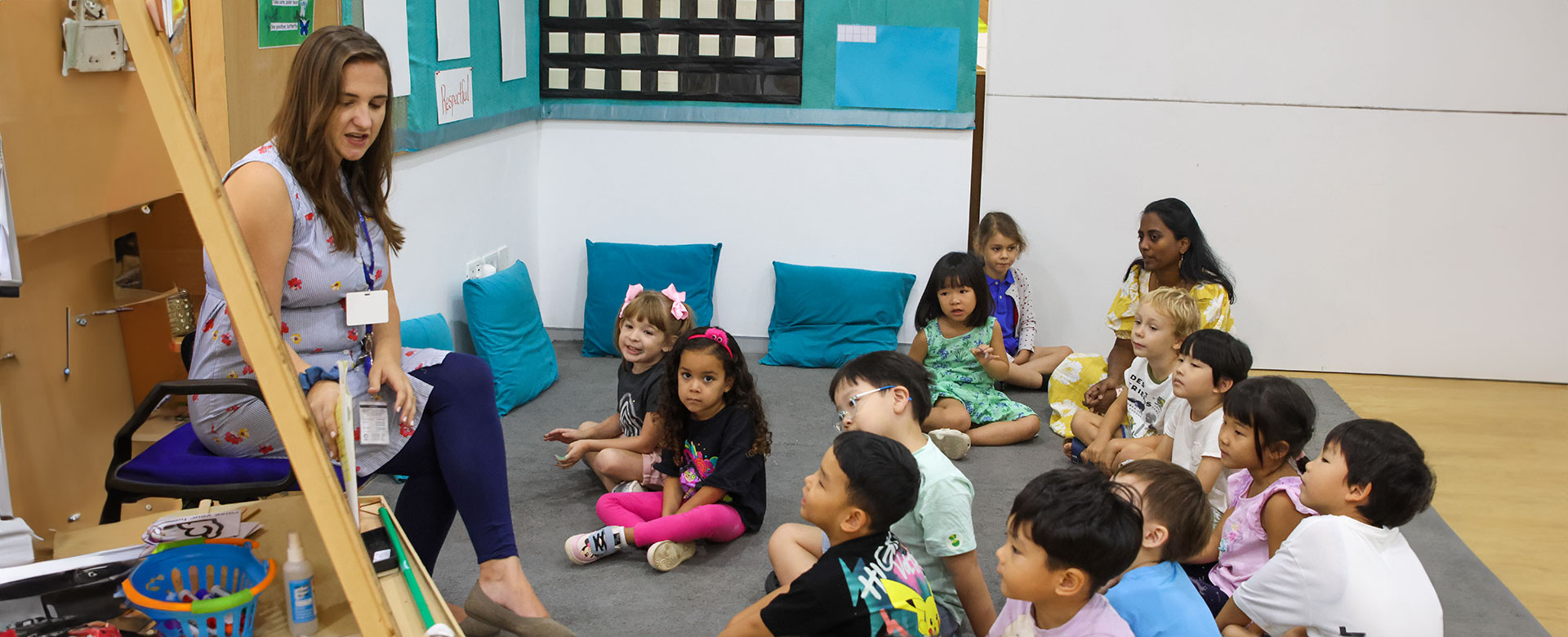English as an Additional Language (EAL)
AISC’s English as an Additional Language (EAL) Program focuses on providing developmentally appropriate resources that assists students in their English language development. Aligned to AISC’s commitment to international-mindedness, the EAL Program supports the growth of all students’ knowledge, understanding, sensitivity, and appreciation of various cultures, values, and traditions.
Before enrolling, students whose home language is not English take the WIDA MODEL (Measure of Developing English Language) assessment. This assessment helps with a student’s initial classroom placement while helping to identify the level of English language support needed.
The EAL Program partners with homeroom and content teachers to provide a rich academic language environment for English Language Learners (ELLs). All ELLs’ Language development is monitored each year with a variety of academic data points, including: WIDA MODEL, classroom observations, and formative and summative assessments.
In order to give our ELLs with beginning-to-lower intermediate proficiency a greater chance of success at AISC, we offer World Language English (WLE) and English for Academic Purposes (EAP).
- WLE for Grades 3–5 and EAP for Grades 6–10 are standalone courses designed to support English language development while ELLs learn grade-level appropriate content in English. These classes focus on clearly teaching how language works and what we can do with language to achieve our various purposes in and out of the classroom, so that students are able to use their language to understand and communicate successfully in English.
The EAL Program strongly supports the academic language development of every AISC student by focusing on the specific vocabulary and language structures needed for students to be successful in all content areas. The EAL Program also strongly supports students and parents maintaining home language skills by communicating in their home language as much as possible. For decades, research has proven that the more a student knows his/her home language, the easier it is for the student to learn English.
